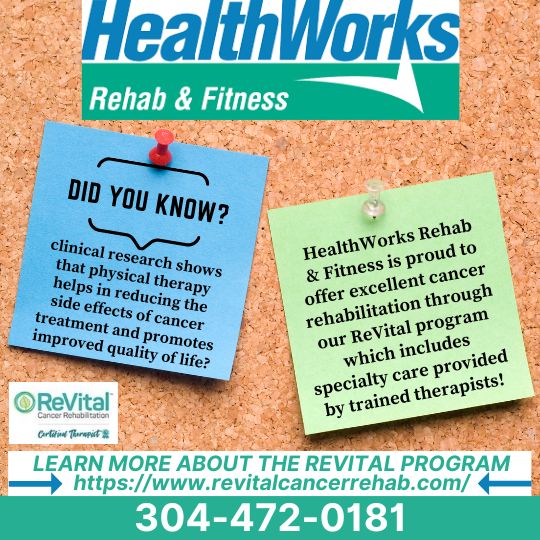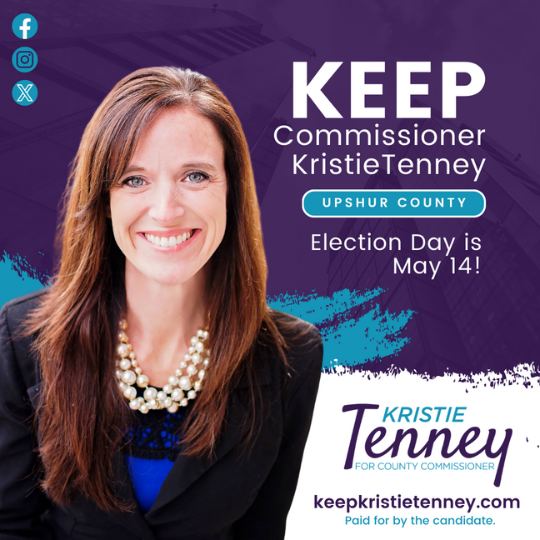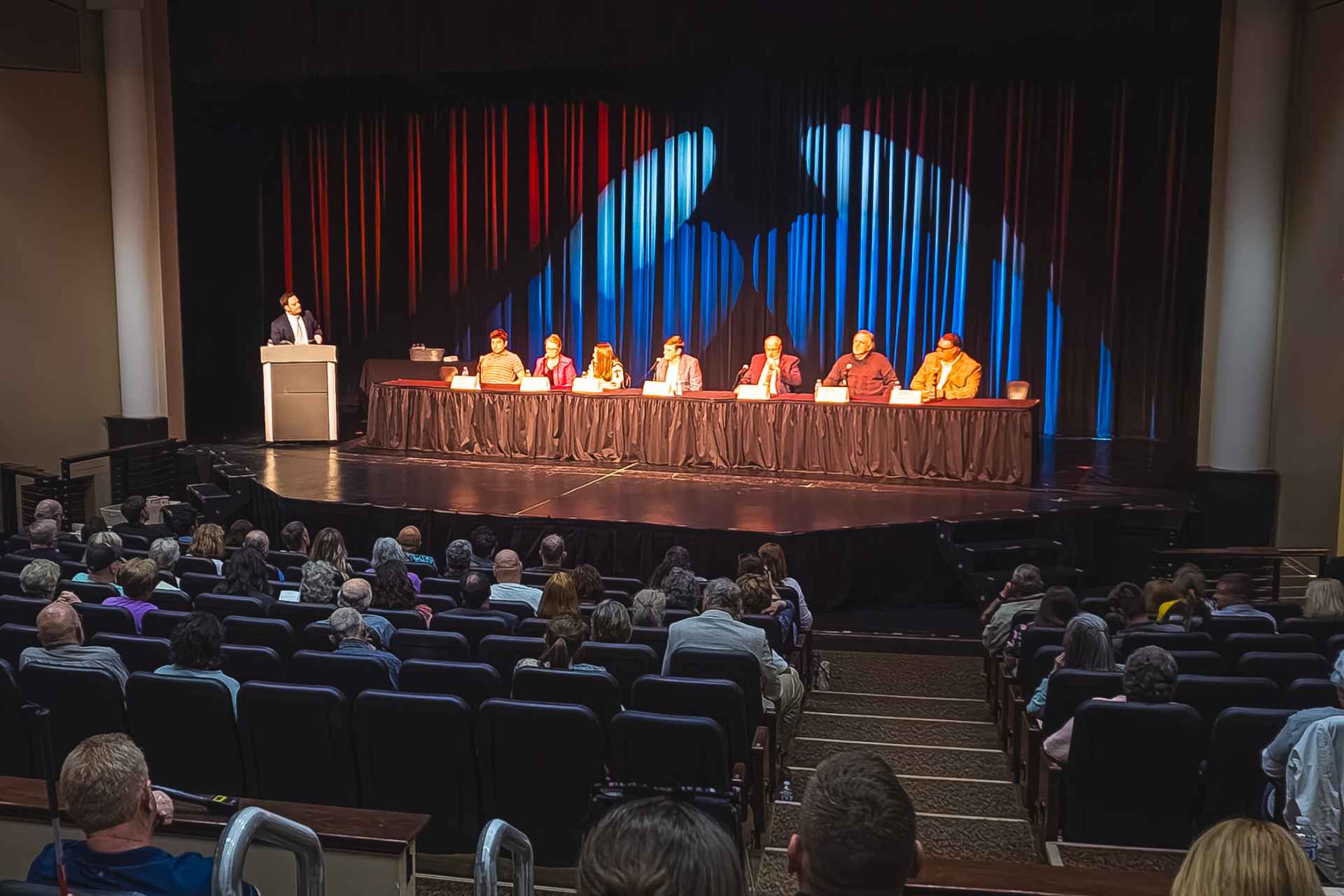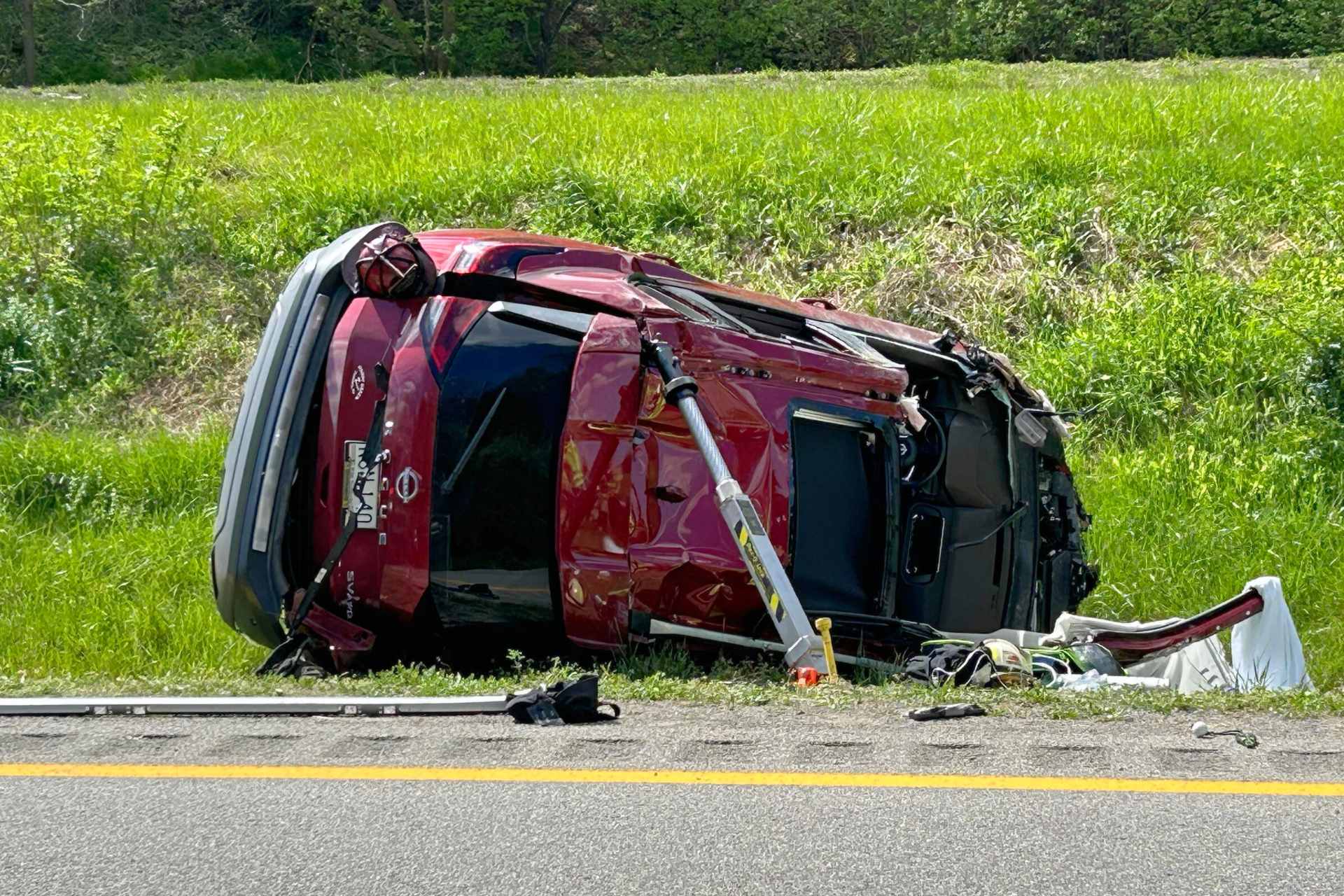Editor’s note: This story was originally published by Mountain State Spotlight. Get stories like this delivered to your email inbox once a week; sign up for the free newsletter at https://mountainstatespotlight.org/newsletter.
By Emily Allen, Mountain State Spotlight
A federal judge in Huntington is continuing to temporarily block a contentious bill for syringe service programs that was supposed to take effect Friday.
As long as the block remains in effect, state health officials are barred from enforcing provisions in Senate Bill 334 that would require programs offering syringe exchanges to host a number of other harm reduction services, force them to deny clean needles to those who don’t return with their used needles and require them to only serve clients with state IDs.
Medical experts say syringe exchanges are the best way to prevent the spread of infectious diseases like HIV and hepatitis C, which can be easily spread among people who use drugs. These services — also known as harm reduction programs — allow people who use drugs to access sterile needles, as well as ancillary services like wound care, overdose medication and substance abuse counseling.
The new law restricting this access comes as Charleston and Kanawha County are in the midst of an HIV outbreak; in 2020, the capital city recorded 39 cases of HIV related to injection drug use in a population that typically sees fewer than five a year. So far in 2021, there have been at least 17 cases.
During an evidentiary hearing Thursday, attorney Loree Stark with the West Virginia chapter of the American Civil Liberties Union — representing several syringe exchange providers — said her clients are confused by what language in the bill means for them, requirement- and penalty-wise.
According to the bill as signed by Gov. Jim Justice, existing providers who don’t offer a full host of harm reduction services including vaccinations, birth control, HIV screening and overdose prevention supplies,“shall cease and desist offering all needle exchange services.” Had the law taken effect Friday, Stark said many programs across the state would be operating illegally and maybe unaware, facing civil penalties as high as $10,000.
Although these harm reduction services are helpful, she said, not all exchange programs have the resources to offer their clients everything. However, the bill gives more leeway to new providers, giving them until Jan. 1, 2022, to build up these programs and enter compliance.
“It would require a rewrite of statute to make it [this law] a constitutionally compliant one,” Stark told U.S. District Judge Robert C. Chambers Thursday.
Laura Jones, who directs the Milan Puskar Health Right clinic in Morgantown, said during the hearing Thursday that the bill’s one-to-one syringe requirements and ID requirements likely will hinder new clients who use drugs from visiting.
Jones said on average, her clinic draws 10 to 12 new clients a month.

“These are the people we want to get to in the program,” Jones said. “What we’re concerned about is they may not take that first step into harm reduction which ultimately is the first step to treatment.”
Attorneys for the West Virginia Department of Health and Human Resources, named as defendants in the ACLU’s lawsuit, said the case was just an excuse to delay or strike legislation that the ACLU disagrees with based on policy, not the state constitution.
Attorney Mike Carey, representing DHHR, said the legislation addressed issues that lawmakers said they heard from their communities regarding drug use, including syringes that some lawmakers complained are being improperly disposed of in public places.
“It’s appropriate, is it not, for the Legislature to take into consideration these types of concerns?” Carey asked.
Jones agreed the Legislature could have considered laws for syringe return programs.
“But the law went way beyond that,” she told Carey and the judge, and “this bill will force us to no longer use evidence-based practices” championed by federal health officials for the mitigation of HIV and hepatitis C.
It’s unclear when Chambers will rule on the lawsuit and the fate of Senate Bill 334, but he suggested during the hearing that the best solution might be to address the unequal treatment of existing syringe exchanges versus new programs through the agency charged with regulating the clinics.
In order to implement the regulatory requirements listed in Senate Bill 334, the West Virginia Office of Health Facility Licensure and Certification (OHFLAC) has to file an emergency rule, spelling out how they’ll implement the law.
Normally, agencies affected by legislation submit their rules, or enforcement plans, to the Legislature and the Secretary of State’s office for further approval. Lawmakers ordered OHFLAC to file this plan as an emergency rule to the Secretary of State’s office by July 9 so that the department can begin enforcing the law.
Reporter Lauren Peace contributed to this story.
Reach reporter Emily Allen at emilyallen@mountainstatespotlight.org.



















